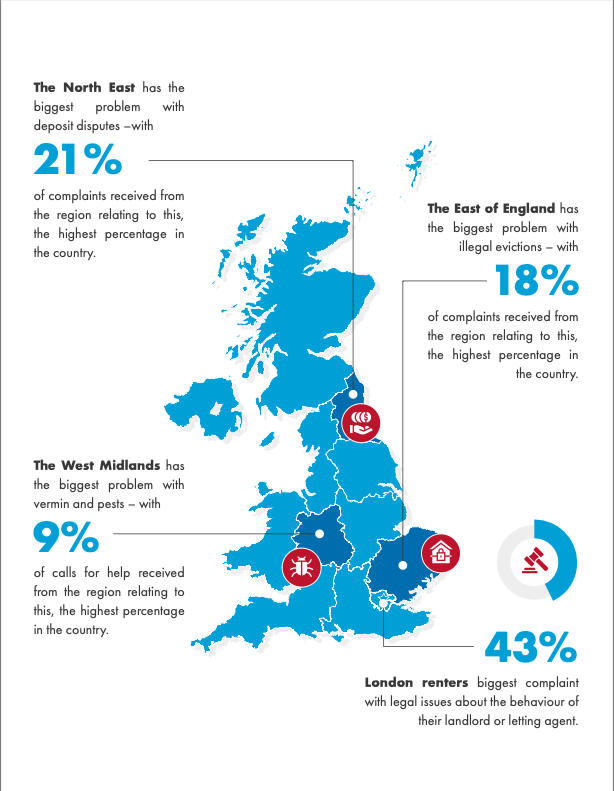A government department has been forced to admit it has “no idea” how many landlords have been convicted under laws brought in to ensure rented homes are fit for human habitation.
Freedom of Information Requests made by renting campaigner Ajay Jagota have revealed the Ministry of Justice has not recorded the number of landlords to have been successfully convicted under the Homes (Fitness for Habitation) Act 2018.
While acknowledging that the ministry “holds all the information you request” the government’s response states that departmental records do “not include the specific legislation”.
The government’s response claims it would take more than 3.5 days to collate the information, meaning that the “cost of complying” with the request “would exceed the appropriate limit”.
The Homes (Fitness for Habitation) Act 2018 came into force in 2019 and requires landlords to ensure their properties are fit for human habitation.
Unfitness for habitation is determined by whether a property is ‘not reasonably suitable for occupation in that condition’ because it needs repairs or has issues with damp, ventilation, drainage and sanitary conditions and facilities for preparation and cooking of food.
The act enables tenants to seek court orders forcing their landlord to carry out repairs – and receive compensation for having to ensure sub-standard living conditions.
The government’s newly-published Housing Survey recently revealed that over a million renters have concerns about repairs at their property, and that 23% of privately rented homes do not meet minimum standards.
Ajay Jagota, founder of online claims management firm Veriwise, stated:
“It’s startling how many renters don’t know that there is a law which can force their landlord to repair their homes and even pay them compensation – it’s downright alarming that the government doesn’t seem to know either.
“I have literally no idea why you would bring in a new law and then make no effort to see how many times it is actually being used, and the inconsistent nature of the government’s response leads me to speculate that they know a good deal more than they are letting on and are simply embarrassed about the ineffectiveness of this legislation.
“It’s understandable that tenants would not have the legal knowledge or confidence to fight for their rights in the courts – it’s why Veriwise was created – but it’s deeply troubling that the government seems no to know either.
“Up and down the country, there are tenants wondering why their landlord isn’t fixing things, or putting up with damp and condensation, dangerous or broken appliances and even pest infestations – and with the right support it doesn’t have to be like that.”
Veriwise takes on housing disrepair claims on behalf of renters, negotiating with councils or private landlords to get property maintenance issues fixed quickly and claim compensation for renters from landlords. In cases where the landlord does not comply Veriwise have a panel of solicitors who can take the case to court to ensure the landlord complies and pays any compensation.
All renters have to do is submit the issues they are experiencing with their rented home online, allowing Veriwise to identify legal breaches and follow them up with landlords to rapidly resolve the issue and seek compensation where appropriate.
Veriwise is regulated by the Financial Conduct Authority.
Sort out your problems today! Click the button below to finish your process.





